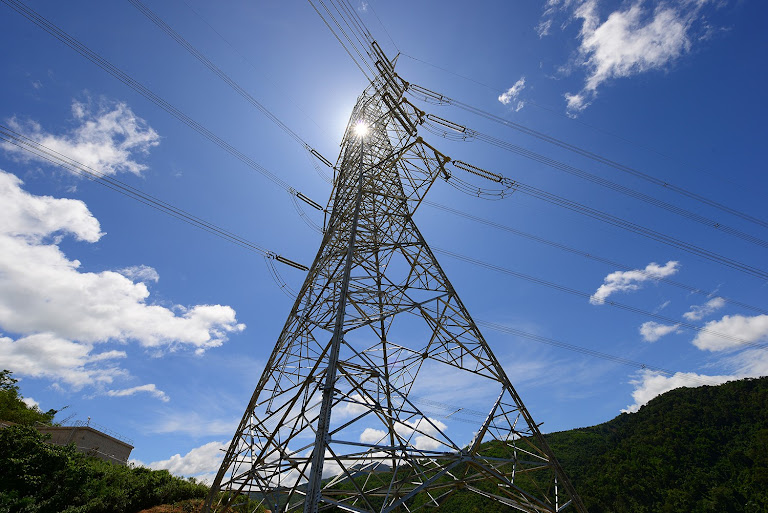CKPower Drives Thailand’s Green Energy Transition with Solar Power
CKPower’s strategic use of RECs and solar expansion projects significantly contributes to Thailand’s green energy goals.

Thailand’s shift toward renewable energy is gaining momentum, with companies like CKPower Public Company Limited (CKPower) leading the charge. CKPower employs innovative strategies involving Renewable Energy Certificates (RECs) and ambitious solar power projects, aligning with Thailand’s broader energy transition goals and the global push for a cleaner, more sustainable future.
RECs—verifiable proof that one megawatt-hour (MWh) of electricity was generated from a renewable source—are crucial instruments for organizations demonstrating environmental responsibility. They allow companies to offset their carbon footprint and bolster their sustainability credentials. The burgeoning Thai REC market, fueled by public and private sector interest, highlights the increasing importance of these instruments in achieving net-zero emissions targets.
CKPower, a major renewable electricity producer with a notably low carbon footprint, leverages RECs to drive green finance opportunities. Since 2022, in partnership with Innopower Company Limited (a subsidiary of the Electricity Generating Authority of Thailand, or EGAT), CKPower has actively participated in the REC trading platform. Through its subsidiary, Bangkhenchai Company Limited (BKC), registered as a renewable power plant, CKPower has delivered nearly 40,000 RECs to Innopower, solidifying its commitment to sustainable practices. This initiative reduces greenhouse gas emissions and encourages broader renewable energy adoption.
Beyond RECs, CKPower is heavily investing in expanding its renewable energy portfolio. The company plans to launch four new solar power projects by 2027, adding a combined 13 MW of capacity to the national grid. This significantly contributes to Thailand’s ambition of transitioning to cleaner energy sources. Furthermore, CKPower’s exploration of utilizing RECs from the Xayaburi Power Company Limited (XPCL) hydropower plant in Lao PDR, through a partnership with Mekha V Company Limited (a subsidiary of PTT Public Company Limited), exemplifies its cross-border commitment to sustainable energy solutions. This collaboration, utilizing the ReAcc platform, has the potential to further catalyze renewable energy adoption across various industrial supply chains.
CKPower’s multifaceted approach also includes a partnership with Bangkok Expressway and Metro Public Company Limited (BEM) to develop three solar power projects totaling almost 7 MW, with the first expected to commence operations in the first half of 2025. This initiative showcases the potential for integrating renewable energy into Thailand’s growing transportation infrastructure. Adding to its portfolio, BKC has also secured a 25-year Power Purchase Agreement (PPA) with the Provincial Electricity Authority (PEA) for a 6 MW renewable energy project under the Feed-in Tariff (FiT) program, with an expected operational start date by 2027.
These projects underscore CKPower’s «C-K-P» strategy, emphasizing resilience and the pursuit of new opportunities within the renewable energy sector. This commitment to sustainability earned the company a AAA rating in the 2024 SET ESG Ratings for the fifth consecutive year, solidifying its position as a leader in sustainable business practices within the Resources sector.
Looking ahead, CKPower aims to generate over 95% of its electricity from renewable sources (primarily hydropower and solar) by 2043. This ambition is complemented by a focus on energy efficiency and conservation across its entire value chain, culminating in a targeted achievement of net-zero greenhouse gas emissions by 2050.
CKPower’s proactive approach to renewable energy—encompassing RECs, solar power investments, and a robust sustainability strategy—positions the company as a key player in Thailand’s energy transition. Its commitment serves as a model for organizations navigating the complexities of a changing energy landscape and contributing to a more sustainable future.









